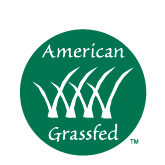USDA Partnerships for Climate Smart Commodities
Welcome to the Thousand Hills Lifetime Grazed producer portal for our Partnerships for Climate Smart Commodities program.
We appreciate your interest as we look to expand climate-smart production and marketing of holistically grazed grass fed beef across the US. Our focus is in supporting small family farms across the US, including historically underserved producers.
This project will implement climate-smart grazing practices including prescribed grazing to support biological diversity, natural resources, soil fertility, and native wildlife habitat.
If you are a producer in the US, we would love for you to participate! To do so, you will be required to:
- Establish Farm Records with the Farm Service Agency (FSA) (have farm, tract, and field numbers in place)
- Complete an AD-2047 (Customer Data Worksheet to facilitate the collection of customer data for Business Partner Record)
- Certify highly erodible land conservation (HEL) and wetland conservation (WC) compliance via Form AD-1026, Highly Erodible Land Conservation (HELC and Wetland Conservation (WC) Certification
- Will need to request a copy of subsidiary print from USDA FSA field office to share with THLG
- Certify you are not a foreign person or entity
- Will need to provide THLG with farm, tract, field numbers, producer name, and Core Customer I.D. (CCID)
If you are interested in learning more about our program, please consider filling out our short form. We will reach out to you with next steps.
Project Highlights
Monitoring
The project will develop a simple, low-cost program for measurement, monitoring, reporting, and verification (MMRV) that farmers can easily and inexpensively administer to quantify management impacts on soil and biomass C stocks and GHG emissions for grazing land systems and Climate-Smart beef, employing on-the-ground measurement of soil carbon stocks, producer-sourced management information, and process-based models of grazing land carbon dynamics. The project will employ a model-based approach to capture the soil carbon dynamics of grazing practices, which requires calibration with locality-specific measurements of precipitation, temperature, soil, vegetation, etc. for statistical validity and high confidence level.
Marketing
Climate-Smart grazing produces value for two different markets–regenerative-verified beef for a commodity market of consumers and food brands and sequestered carbon for a carbon market of companies wishing to reduce their carbon footprint to meet sustainability commitments. This project explores market-based incentives for implementing Climate-Smart grazing practices that create value for producers in both commodity and carbon markets.
USDA Climate Smart Commodities
– Project Inquiry Form –



